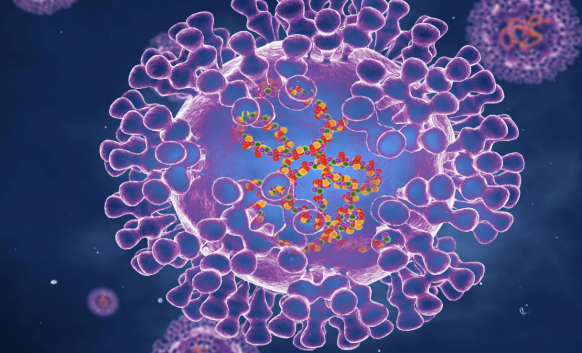All you need to know about Monkeypox – health and safety bulletin July ’22
Monkeypox is a rare infection that’s mainly found in parts of west or central Africa. There have been some recent cases in the UK, but the risk of catching it is low.
It is a viral zoonosis (a virus transmitted to humans from animals) with symptoms similar to those seen in the past in smallpox patients, although it is clinically less severe.
Although more people have been diagnosed with it recently, only a small number of people in the UK have had monkeypox and the risk remains low. Anyone can get it, however.
Infected
Monkeypox can be caught from infected rodents (such as rats, mice and squirrels) in parts of west and central Africa. You can catch it from an infected animal if you’re bitten or you touch its blood, body fluids, spots, blisters or scabs.
Monkeypox can also spread from person to person through:
- touching clothing, bedding or towels used by someone with the the associated rash
- touching monkeypox skin blisters or scabs
- the coughs or sneezes of a person with the illnesses’ rash

The virus under a microscope
You’re extremely unlikely to have monkeypox if:
- you have not been in close contact (such as touching their skin or sharing bedding) with someone who has monkeypox or its symptoms
- you have not recently travelled to west or central Africa
If you get infected with monkeypox, it usually takes between 5 and 21 days for the first symptoms to appear. The first symptoms of the illness include, a high temperature, a headache, muscle aches, backache, swollen glands, shivering (chills), exhaustion.
Rash
A rash usually appears 1 to 5 days after the first symptoms. The rash often begins on the face, then spreads to other parts of the body.
The illness is usually mild, and most people recover within a few weeks without treatment. But as the infection can spread through close contact, it’s important to isolate if you’re diagnosed with it. You may be asked to isolate at home if your symptoms are mild.
If your symptoms are severe or you’re at higher risk of getting seriously ill (for example, if you have a weakened immune system), you may need to stay in a specialist hospital until you recover.
You may be offered a vaccination to reduce the risk of getting seriously ill.
Monkeypox
Things you can do to avoid getting monkeypox while travelling…
DO…
- Wash your hands with soap and water regularly – or use an alcohol-based hand sanitiser
- Only eat meat that has been thoroughly cooked
DON’T…
- Go near wild or stray animals, including dead animals
- Go near any animals that appear unwell
- Eat or touch meat from wild animals
- Share bedding or towels with people who appear unwell and may have Monkeypox
- Have close contact with people who appear unwell and may have Monkeypox
Read more: BLOG – Why in-house secondments are increasing in popularity
Read more: How Greens Consultancy can take care of your businesses’ health and safety requirements
